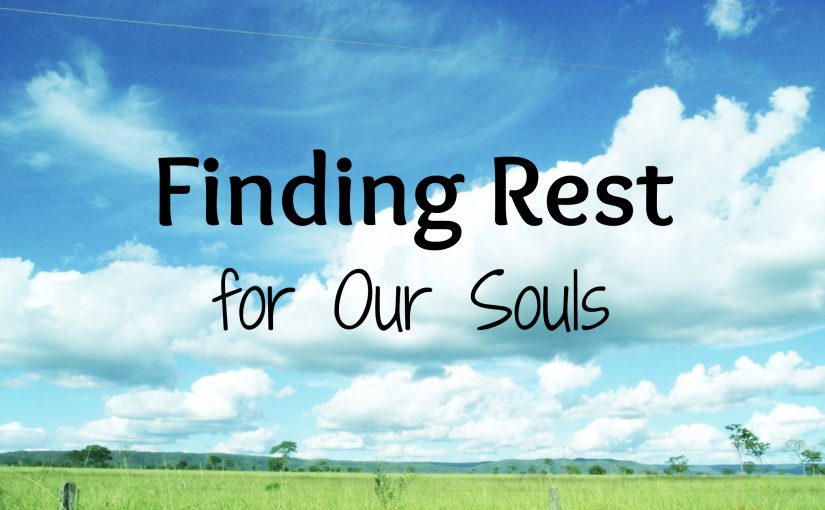Have you ever had a preacher ask you to substitute your name for the word, ‘love’ in the Love Chapter of 1 Corinthians 13:4-8? He asked this as a self-evaluation of substantial Love? It looks something like this (using my name, of course, wherever the word “love” appears).
Mike is patient, Mike is kind. Mike does not envy, Mike does not boast, Mike is not proud. Mike is not rude, Mike is not self-seeking, Mike is not easily angered, Mike keeps no record of wrongs. Mike does not delight in evil but rejoices with the truth. Mike always protects, always trusts, always hopes, always perseveres. Mike never fails.
And if we are honest with ourselves, we do not score very high. Oh, I’m more patient than most, and I am chivalrous—ahem. I don’t turn too dark a shade of green; my stating facts are considered boasting, especially, when I don’t get my way…. Oh, and records of wrongs? With age I don’t remember many of my sports’ stats like I used to, but I can still remember how many times I had to tell…. You get the point. My score still isn’t that high. How’s yours?
It was a few years back as I was teaching on Jesus is our Life, that I realized He is also our Love. (I knew the Bible taught, “God is Love,” but somehow I kept thinking I had to manufacture this Love in my life, or at the very least—ahem—fake it (Ouch!).) So I did a little exercise in my quiet moments: I substituted Lord Jesus’ Name for “Love” and it looked a lot better….
Jesus is patient, Jesus is kind. Jesus does not envy, Jesus does not boast, Jesus is not proud. Jesus is not rude, Jesus is not self-seeking, Jesus is not easily angered, Jesus keeps no record of wrongs. Jesus does not delight in evil but rejoices with the truth. Jesus always protects, always trusts, always hopes, always perseveres. Jesus never fails.
So, since Jesus is my Life, He is also my Love. As I daily put Him on as my Belt of Love (from Colossians 3:14), He continues His transforming work in my life making me more like Him. Then it is not “Mike” who is becoming more patient, but the Lord Jesus in me…. The pressure of manufacturing this Love or even having to “fake it” is gone—or at least substantially lessened. Because the same Love He is in and through me is also to me: Jesus is patient with me. He is kind with me. He keeps no records of wrongs! …
… This is substantial Love!
Have you found this to be as mind-blowing an experience as I have? Your thoughts?
Main Text— Psalm 86:15 (NIV84)— 15 But you, O Lord, are a compassionate and gracious God.
Additional Scriptures to Renew Your Thoughts
He who did not spare His own Son, but gave Him up for us all—how will He not also, along with Him, graciously give us all things?— Romans 8:32 (NIV84)
How great is the love the Father has lavished on us, that we should be called children of God! And that is what we are! The reason the world does not know us is that it did not know Him. Dear friends, now we are children of God, and what we will be has not yet been made known. But we know that when He appears, we shall be like Him, for we shall see Him as He is. Everyone who has this hope in Him purifies himself, just as He is pure.—1 John 3:1–3 (NIV84)
For you died, and your life is now hidden with Christ in God. When Christ, who is your life, appears, then you also will appear with Him in glory.— Col 3:3–4 (NIV84)
Heavenly Father, I put the Lord Jesus Christ on as my Belt of Love. Continue Your transforming work in my Life by the power of the Holy Spirit as He makes me more like Your Son, Jesus. In His Name, Amen.
Pastor Mike









